Equine
No tick is a good tick
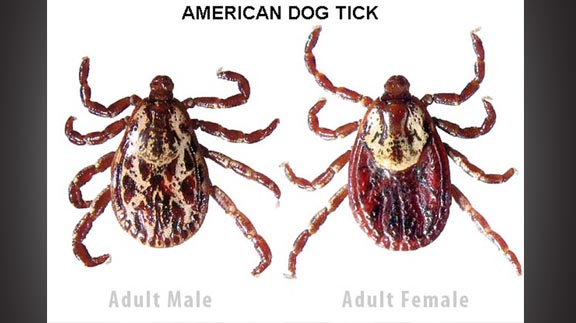
By Martin Aldridge
On October 2, 2009, the state of equines in Texas suffered a profound change.
A mare in south Texas was the first to test positive for a disease that the United States had been declared free of since 1978: Equine Piroplasmosis (EP), a devastating condition caused by protozoal blood parasites Babesia caballi or Theileria equi. Equines with this disease exhibit a host of symptoms: everything from anemia and jaundice to labored breathing and fever, which might ultimately result in death.
There is currently no vaccine to prevent EP.
When other horses in the mare’s herd were tested, the Centers for Disease Control reported that over 80 percent of the 360 animals turned up positive for EP. Soon after the outbreak a number of states introduced a variety of restrictions for horses originating in Texas, including quarantines, a veterinary exam, and testing for EP.
Though the disease might be exotic to these shores, the creature responsible for carrying the disease from one horse to another was very familiar indeed: the tick.
Ticks have been a popular item in the news lately, and never in a good way. Though in rare cases an extreme infestation of ticks on an animal may lead to its death, the main reason for the increased scrutiny of ticks lies in the diseases they carry, mostly the Heartland virus, Rocky Mountain spotted fever, allergic reactions to red meat (anaphylaxis), and, especially, Lyme disease, which affects equines as well as humans.
To read more pick up the January 2015 issue of North Texas Farm & Ranch.
Equine
AQHA Horse of the Year
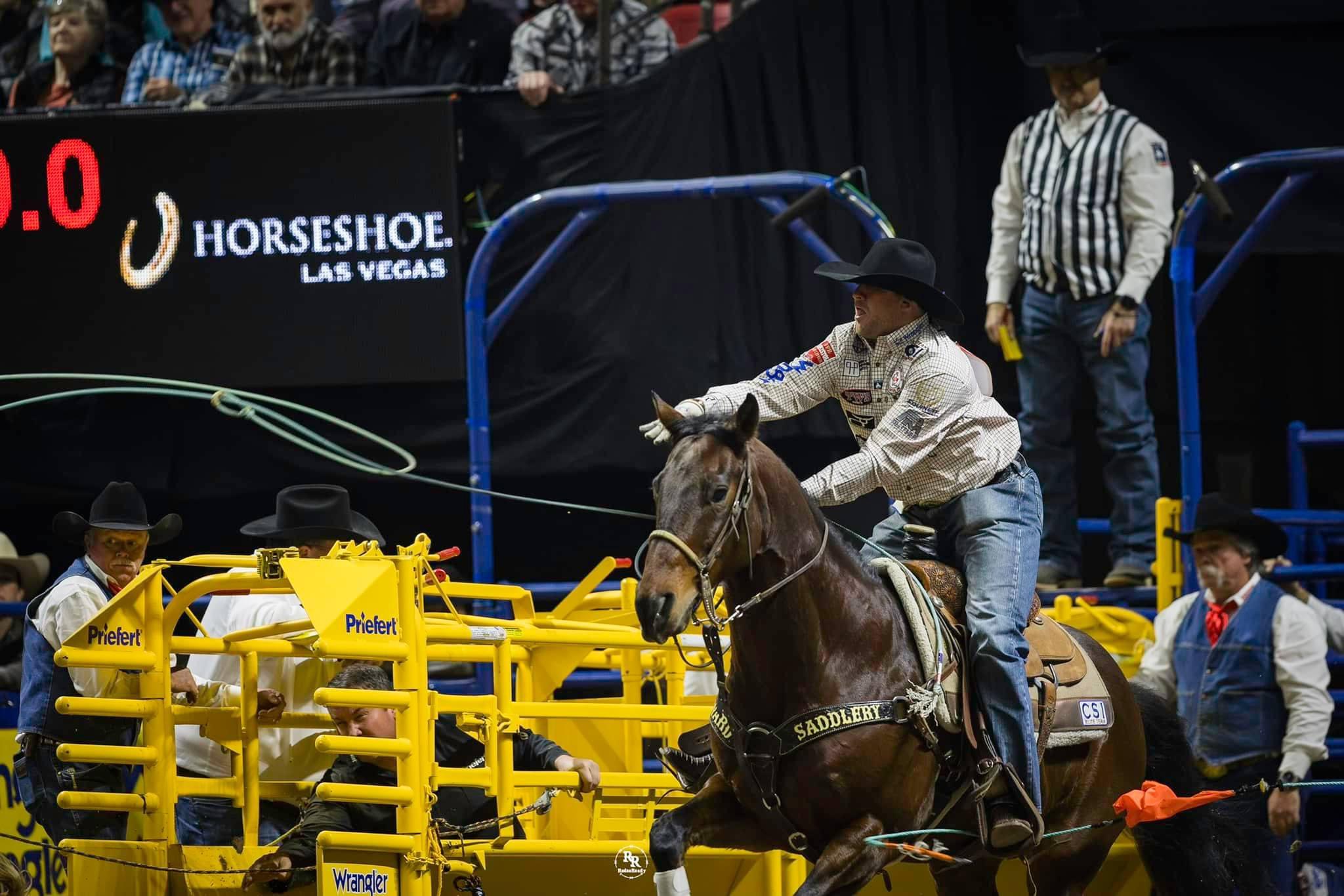
By Krista Lucas Wynn
Each year, when the professional rodeo season wraps on Sept. 30, the Professional Rodeo Cowboys Association and Women’s Professional Rodeo Association announce the Nutrena Horse of the Year, presented by the American Quarter Horse Association, in each event. This is a prestigious award, voted on by the members of the associations. To be named Horse of the Year by fellow competitors is a high honor only a few achieve.
To read more, pick up a copy of the November edition of North Texas Farm & Ranch magazine, available digitally and in print. To subscribe by mail, call 940-872-5922.
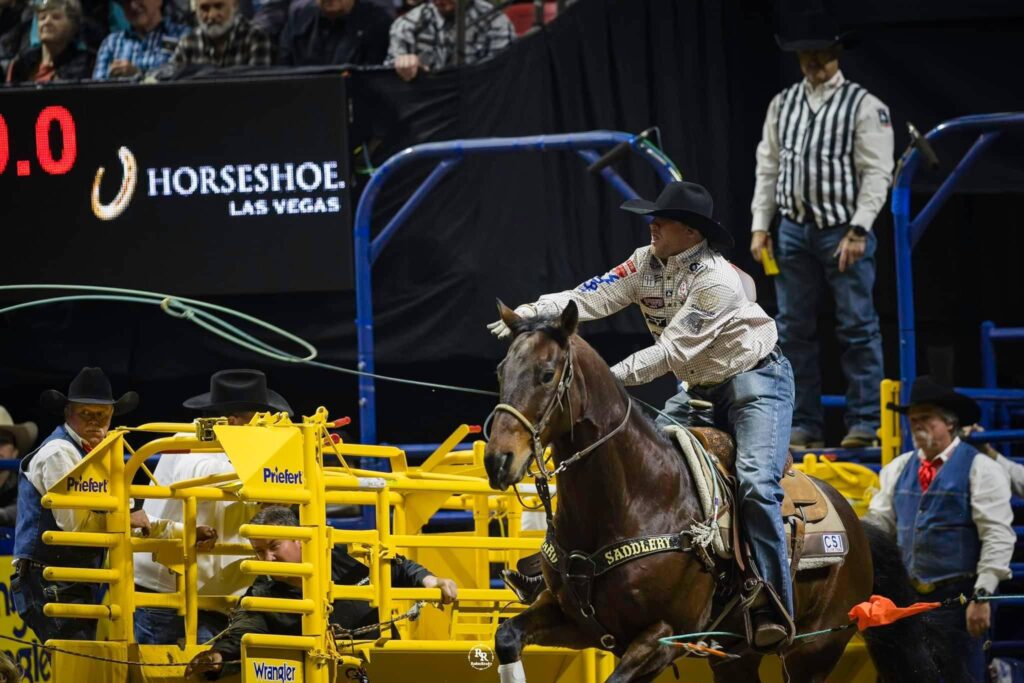
Equine
Tuff Enough: Tuff Hardman Wins Big At Cheyenne Frontier Days
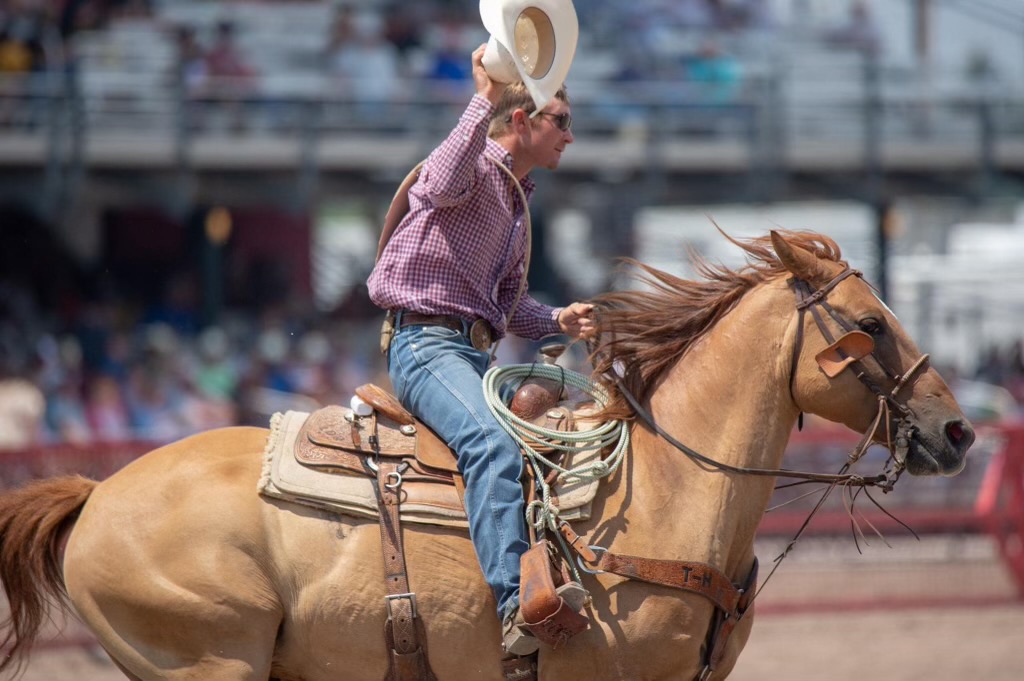
By: Krista Lucas Wynn | Copy Editor
The name, “Daddy of ’em All,” instantly brings to mind the world’s largest outdoor rodeo and western celebration. Cowboys and cowgirls from all across the country dream of competing on the iconic Cheyenne arena dirt.
Every July, pro rodeo contestants travel to Cheyenne, Wyom. to vie for the title of champion of the Cheyenne Frontier Days. The rodeo is steeped in western tradition and celebrated the 125th year this summer. With nearly two weeks of rodeo action, fans watched bareback riding, calf roping, breakaway roping, saddle bronc riding, team roping, steer wrestling, barrel racing, bull riding, and steer roping.
Steer roper, Tuff Hardman, knew winning “the Dad” was a tall order, but with a good horse and a few prayers he left no doubt who the best steer roper at Cheyenne was when it was all said and done. After two rounds, Hardman qualified back for the finals tied for ninth place with a time of 30.8 seconds.
To read more, pick up a copy of the September issue of NTFR magazine. To subscribe by mail, call 940-872-5922.
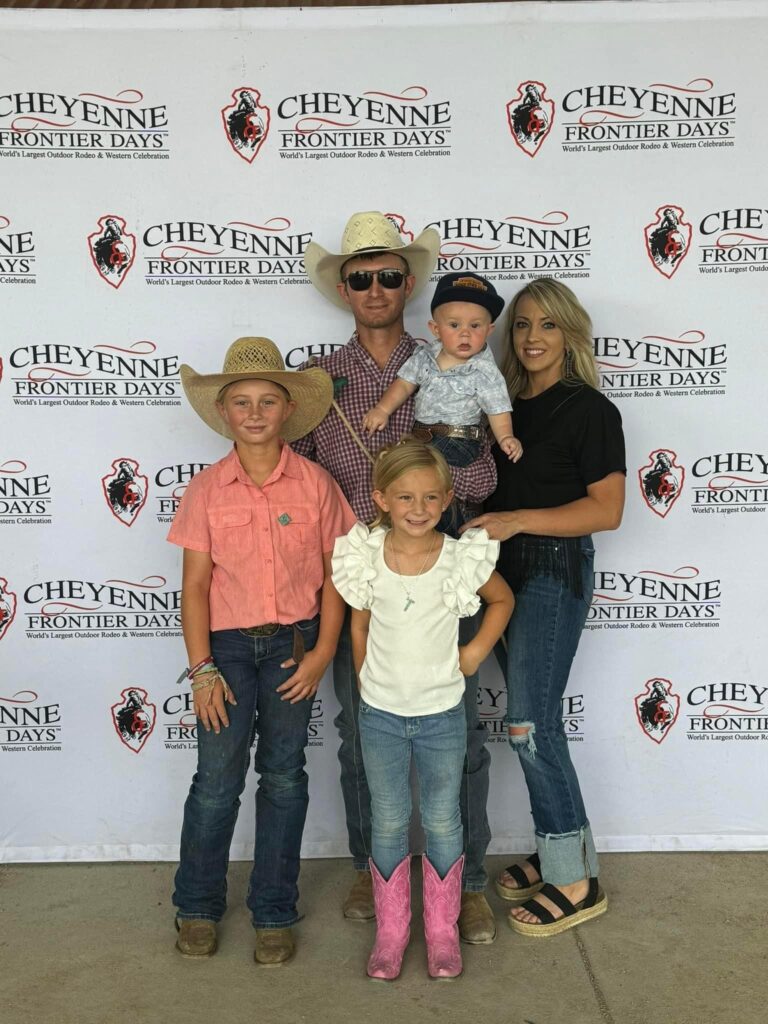
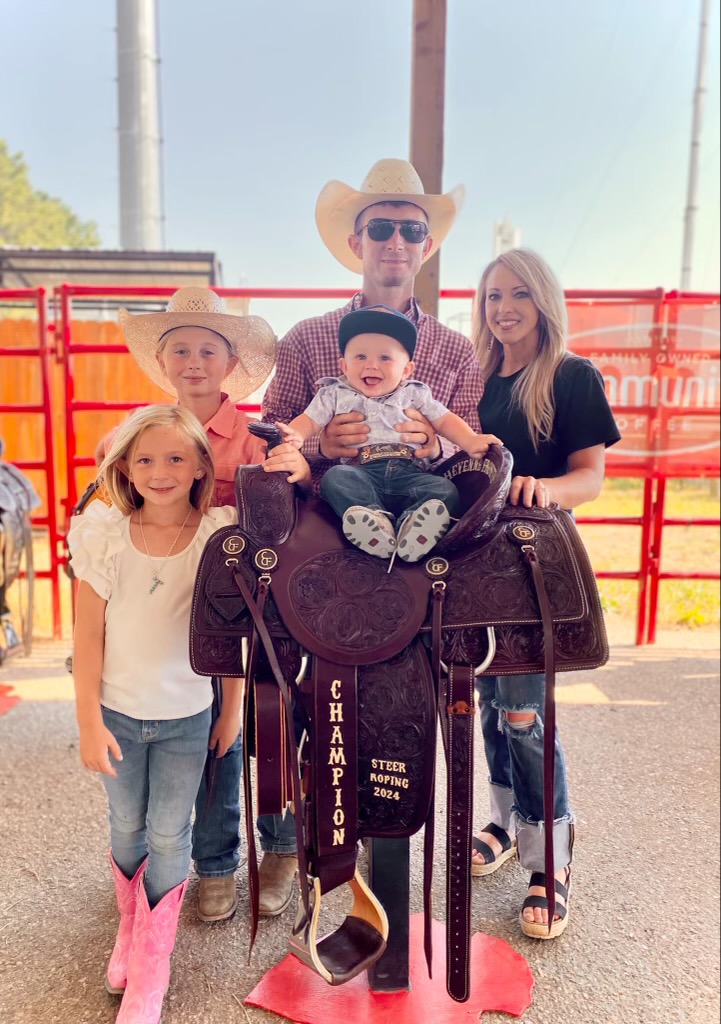

Country Lifestyles
Mandy Cleveland & Stable Strides Farm
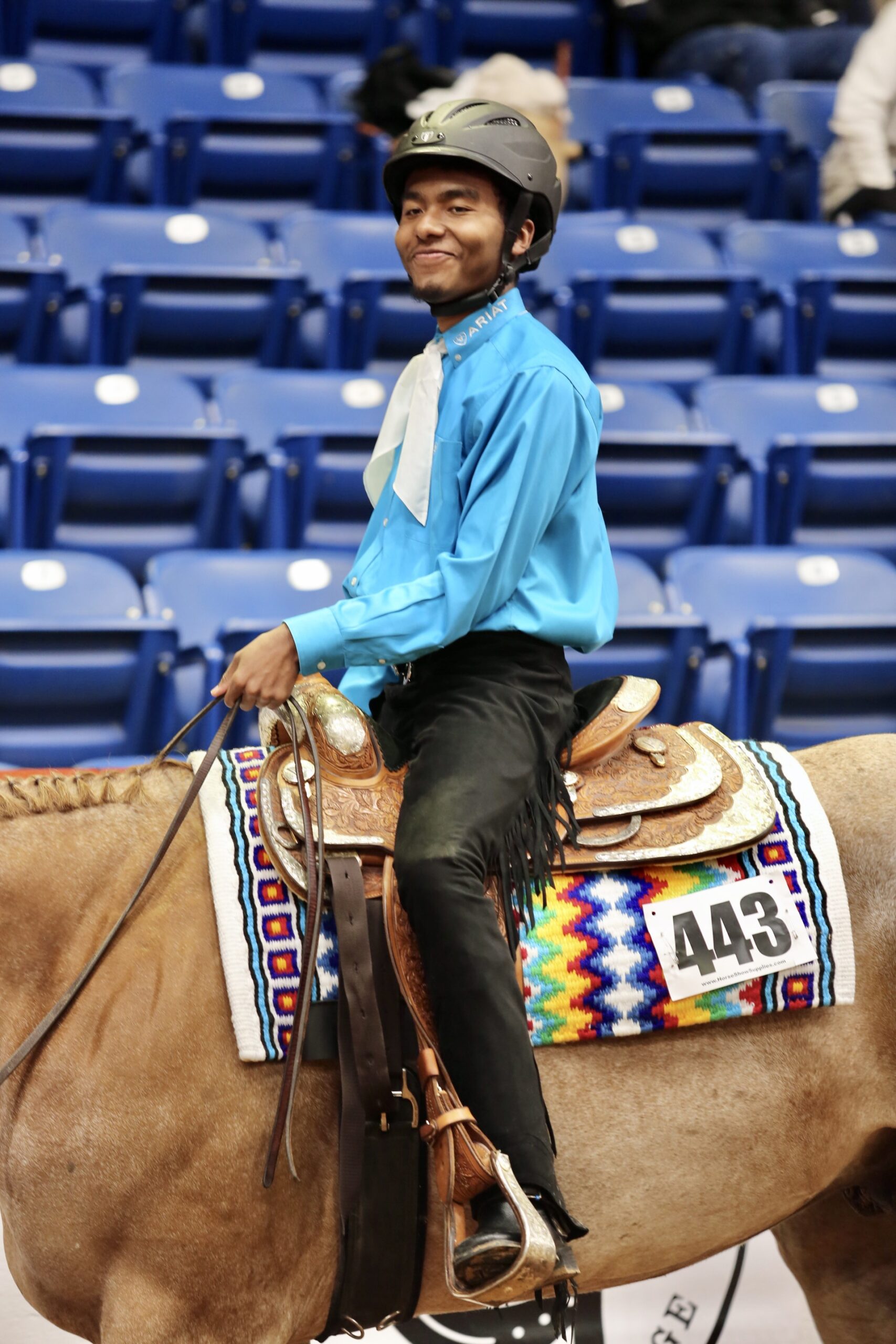
Utilizing the horse to human connection.
By: Hannah Claxton | Editor
Deep in the heart of Texas, both humans and horses at Stable Strides Farm in Pilot Point, Texas aer demonstrating just how big their hearts really are. Founded by Mandy Cleveland in 2001, Stable Strides Farm serves dozens of Equestrians with Disabilities and Veterans each week.
Deep in the heart of Texas, both humans and horses at Stable Strides Farm in Pilot Point, Texas aer demonstrating just how big their hearts really are. Founded by Mandy Cleveland in 2001, Stable Strides Farm serves dozens of Equestrians with Disabilities and Veterans each week.
“My boys have been riding since they were 18 months old, and for the first 17 years they had a leader and sidewalker. When we moved here, and Mandy started teaching them, she just said, ‘Let’s see what they can do,’ and they ride independently now,” Danielle Frank explained, whose two sons, Adison and Aiden, ride with Stable Strides Farm. “Mandy is amazing beucase she doesn’t place any limits on them, she always wants to see what they can do.”
It is her dedication to never setting limits that earned Cleveland a spot as a national finalist for the NSBA 2024 Dianne Eppers Cowgirls Reaching-Out-to-Community Award. The award was established by the NSBA Foundation to recognize cowgirls across the industry for their selfless contributions to the equestrian community.
To read more, pick up a copy of the September issue of the NTFR magazine. To subscribe by mail, call 940-872-5922.
(Photos Courtesy of Hannah Claxton)
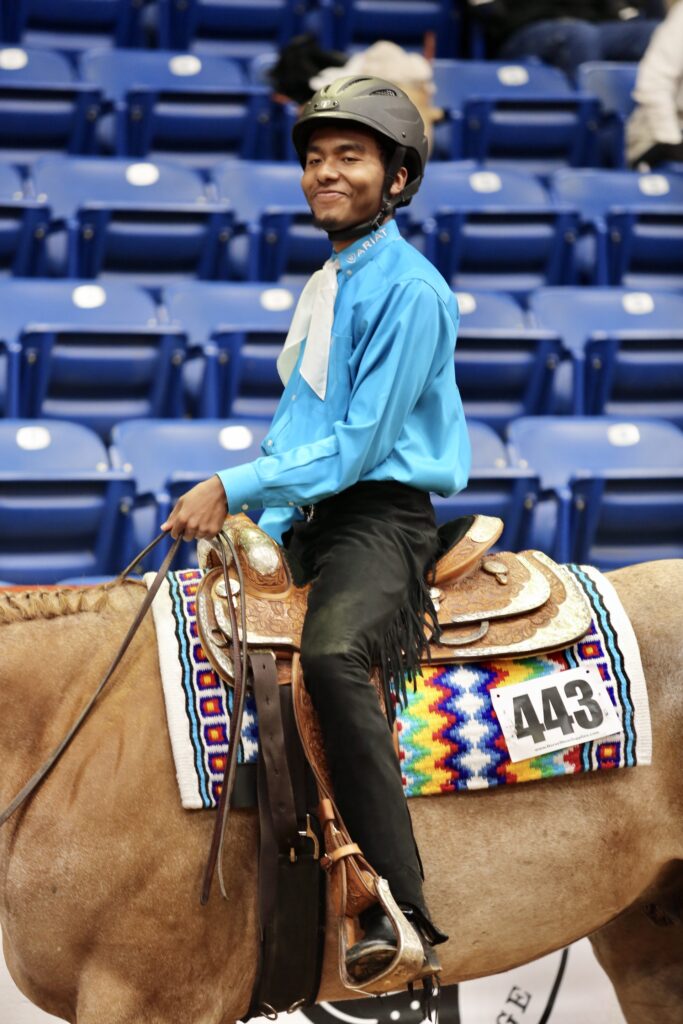
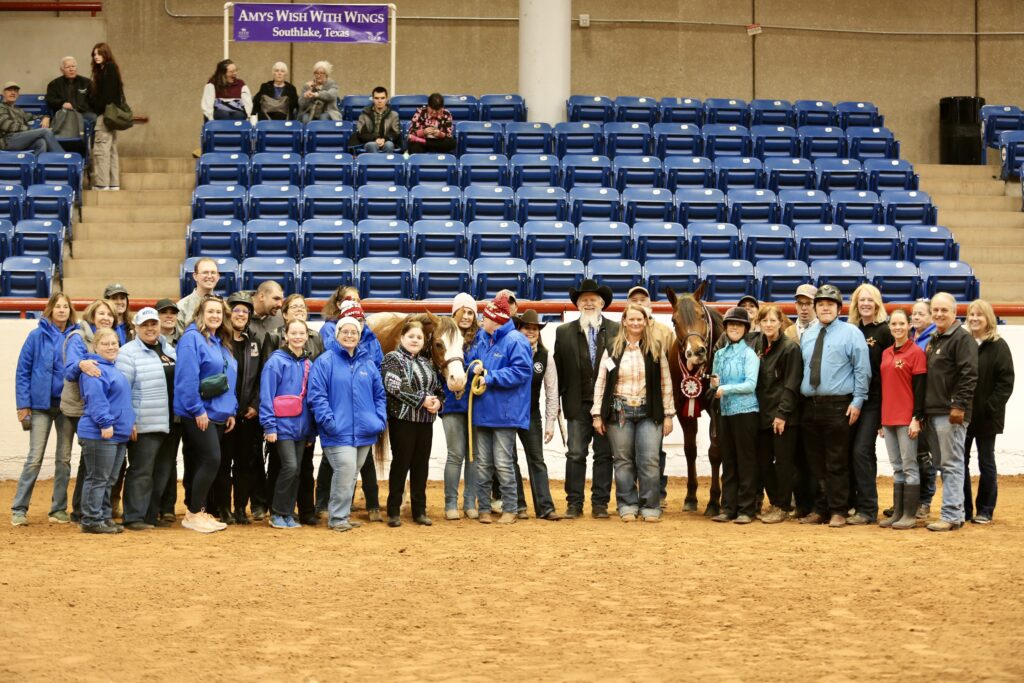
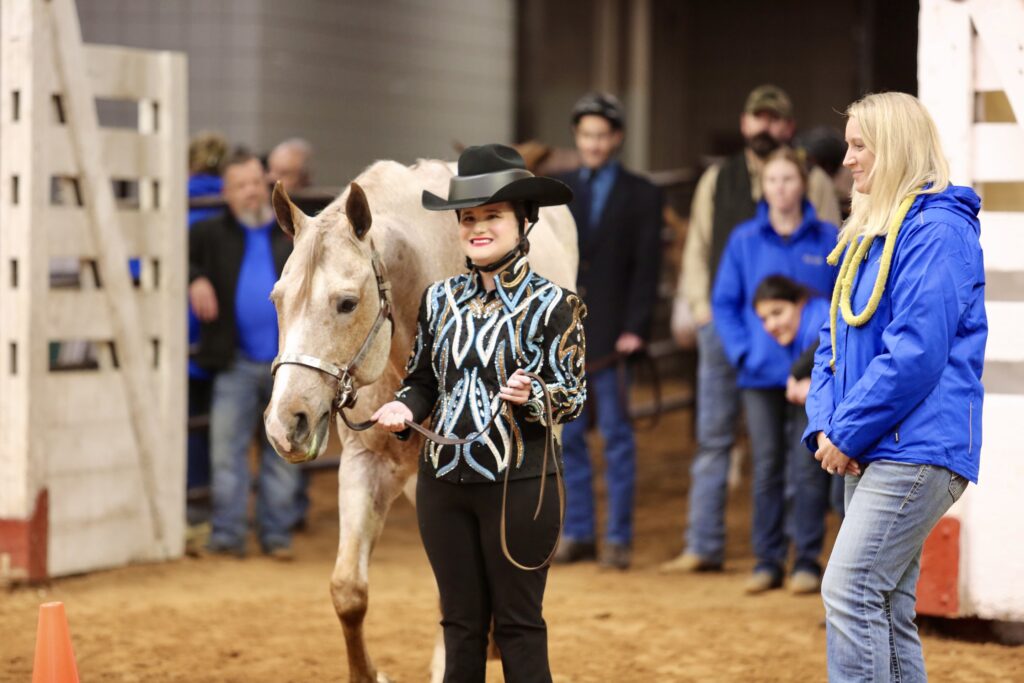
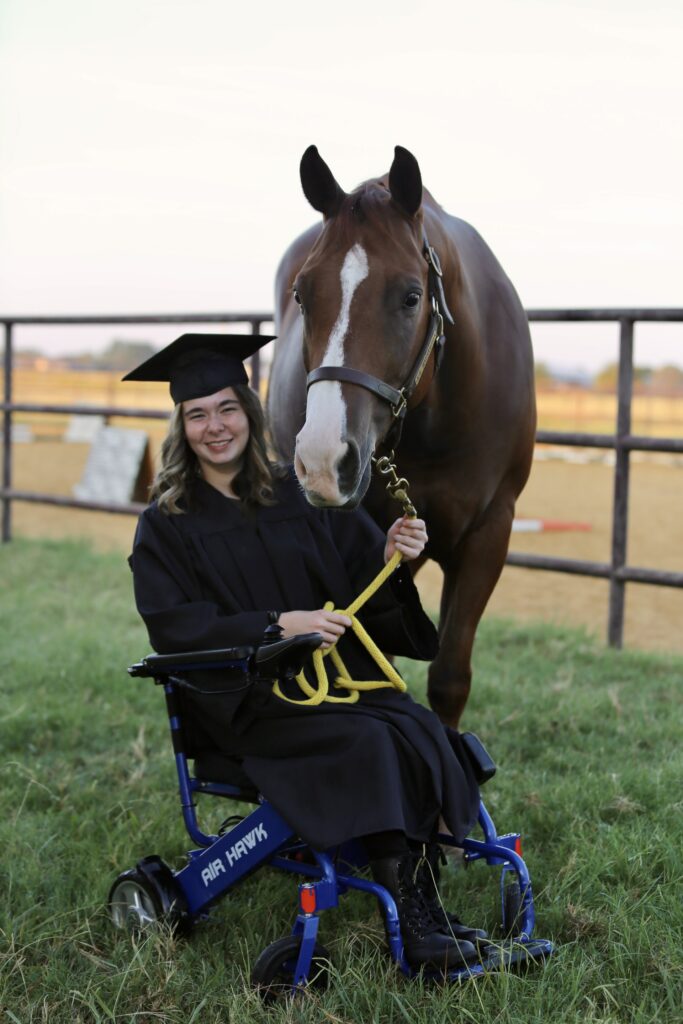
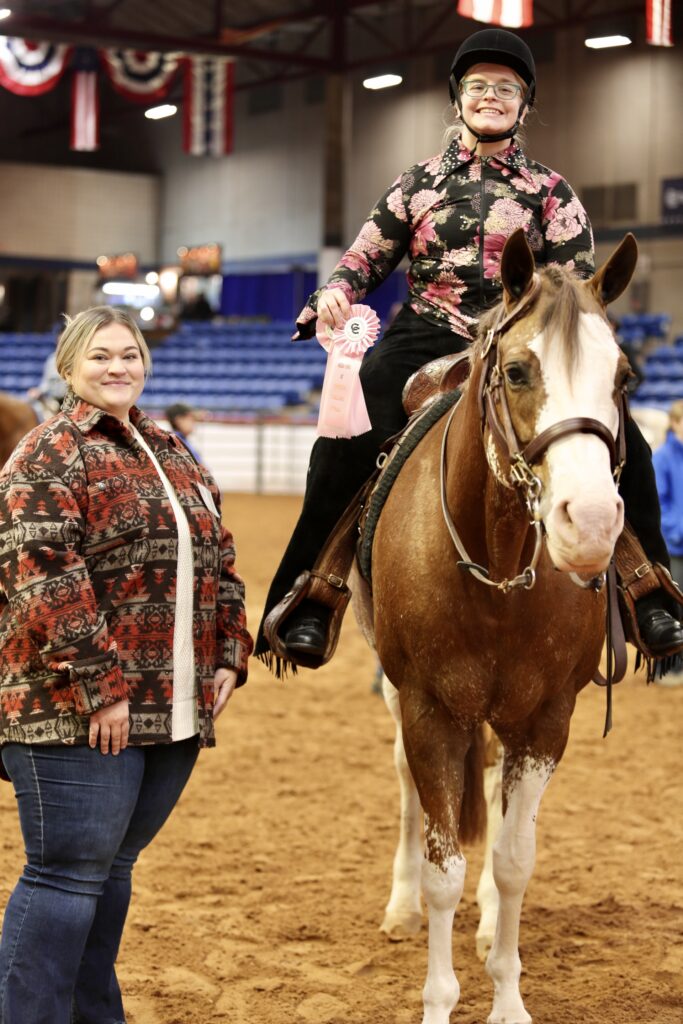
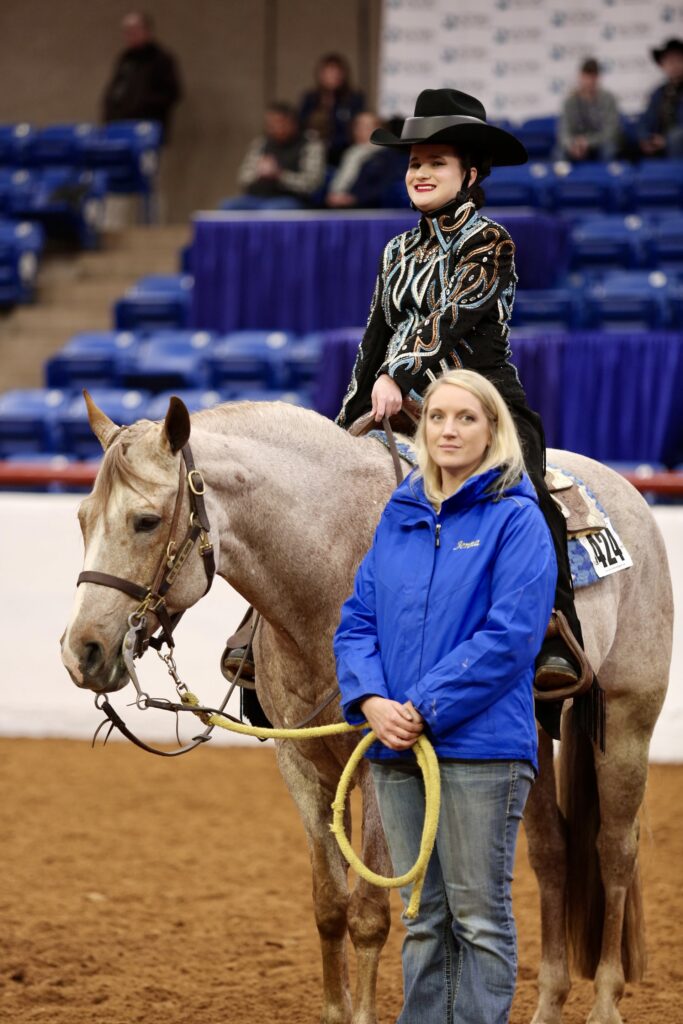
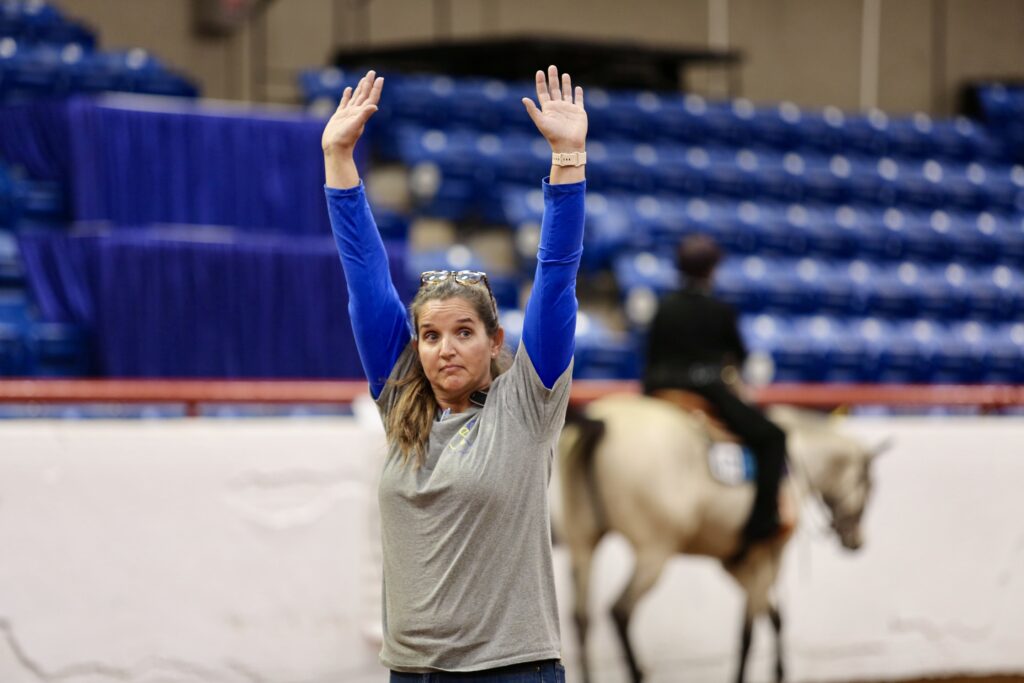
-

 Country Lifestyles2 years ago
Country Lifestyles2 years agoScott & Stacey Schumacher: A Growth Mindset
-

 Country Lifestyles8 years ago
Country Lifestyles8 years agoStyle Your Profile – What your style cowboy hat says about you and new trends in 2017
-

 HOME8 years ago
HOME8 years agoGrazing North Texas – Wilman Lovegrass
-

 Outdoor10 years ago
Outdoor10 years agoButtercup or Primrose?
-

 Country Lifestyles5 years ago
Country Lifestyles5 years agoAmber Crawford, Breakaway Roper
-

 Country Lifestyles9 years ago
Country Lifestyles9 years agoJune 2016 Profile – The man behind the mic: Bob Tallman
-

 Equine1 year ago
Equine1 year agoThe Will to Win
-

 Country Lifestyles8 years ago
Country Lifestyles8 years agoDecember 2016 Profile, Rusty Riddle – The Riddle Way




